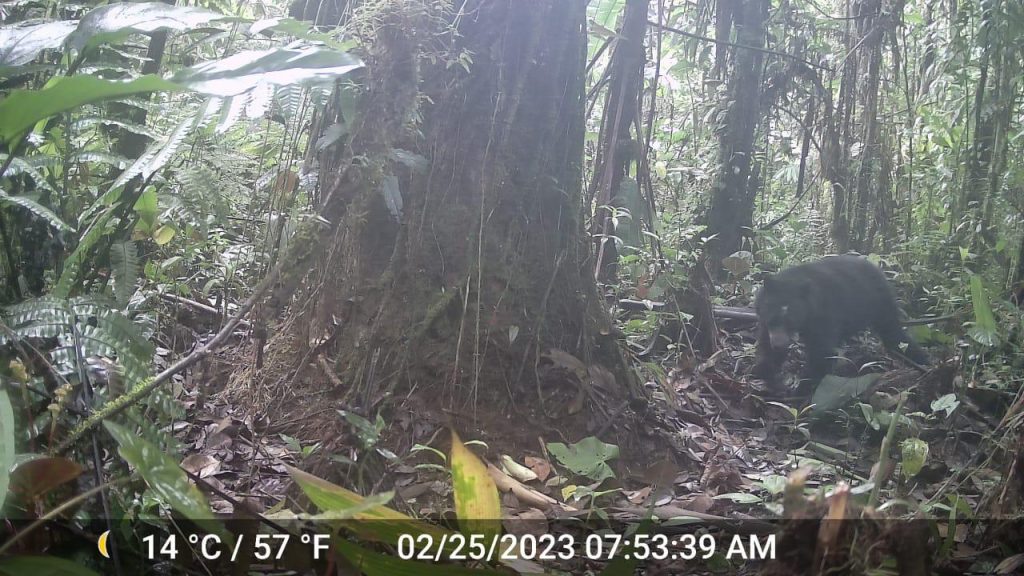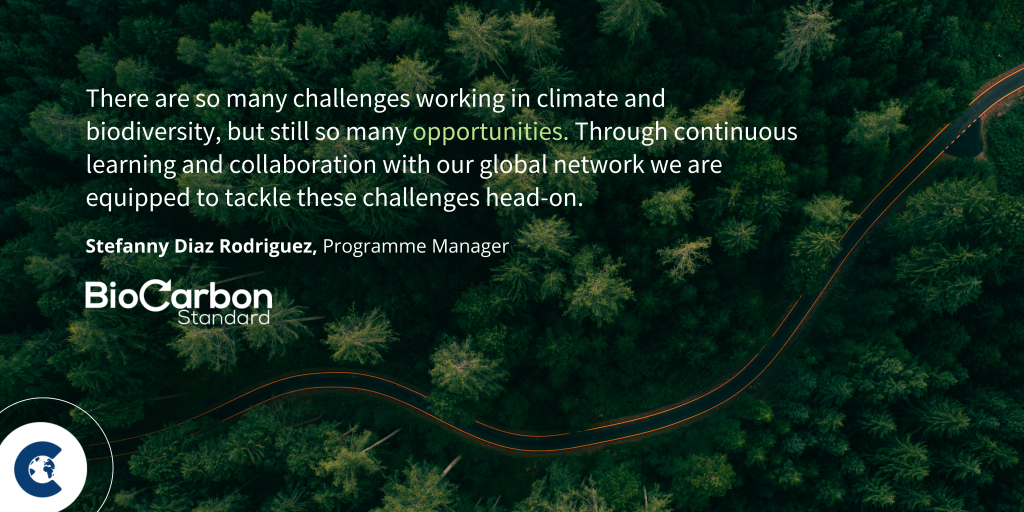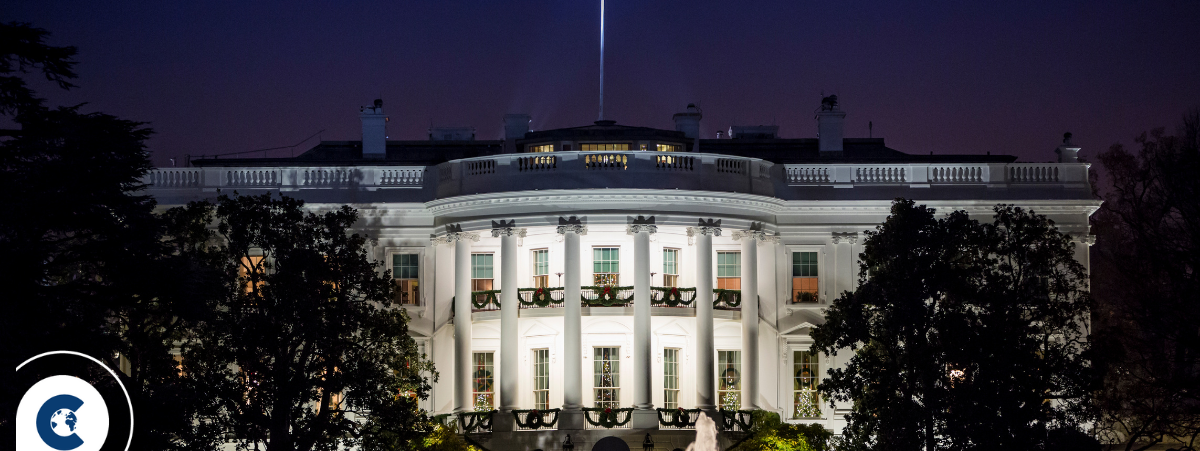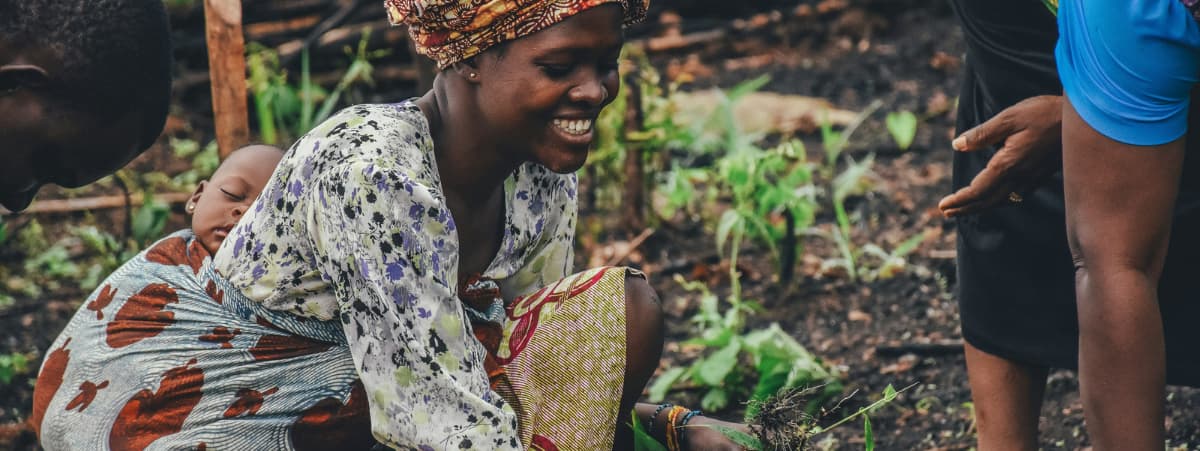BioCarbon’s journey towards trust, transparency, and Impact in climate mitigation and biodiversity conservation
In this episode of ClimateTalks, we meet BioCarbon, a key player in the climate action and sustainability sector. BioCarbon sets standards for GHG projects and biodiversity conservation initiatives. Their flagship BCR standard, combined with methodologies for projects in natural strategic ecosystems, aims to boost comprehensive climate action while strengthening communities´ livelihoods vulnerable to climate change impacts.
BioCarbon, a key player in climate action
BioCarbon has been at the forefront of enabling linkages between climate mitigation and crucial development agendas such as biodiversity conservation, gender equality, climate adaptation, and overall sustainability. Their program guidelines reflect a comprehensive integration of these aspects, ensuring wider impact in territories and social contexts particularly in regions like Africa, the Middle East, and Latin America.
In our ClimateTalks series, designed to build connections among key climate stakeholders in the VCM, our primary goal was to explore the methodologies employed by companies in quantifying climate projects, ensuring trust, transparency, and impact throughout the process. During our latest session we had the privilege of meeting Stefanny Diaz Rodríguez, Programme Manager at BioCarbon, who provided valuable insights into their approaches in empowering climate action and sustainability through their biodiversity and climate frameworks.
The organization’s robust methodologies for project developers ensures that emissions reduction projects are not only quantified but also reported and verified with integrity and precision. This process is essential for building trust among stakeholders, including investors, governments, and the public, who rely on the credibility of carbon mitigation efforts to drive meaningful change.
BioCarbon, recognized and endorsed by ICROA
BioCarbon has been setting guidelines for initiatives worldwide and in 2023, the company was recognized by the International Carbon Reduction and Offset Alliance (ICROA) an achievement that recognizes the robust framework they have built to safeguard our natural resources. The endorsement is a recognition of the high-quality and integrity of the standard and their approach to issuing and reporting GHG emissions reductions and removals. The backing by ICROA comes in the same year an IPCC special report shared the detrimental outcomes of global warming if global action is not taken.

Footage captured by forest rangers from the Galilea Ame project, developed by Fundacion Ame.
What were the key findings of IPCC’s 2023 special report?
The IPCC’s special report on the impacts of global warming has highlighted the damming reality of a 1.5°C increase in global temperatures above pre-industrial levels. This escalation not only forecasts severe consequences for both humanity and biodiversity but also emphasizes the urgent need for concerted efforts in carbon mitigation projects. As we transition toward a more sustainable and circular world, investing time and resources into such endeavors becomes paramount.
Human activities have already contributed to approximately 1.0°C of global warming above pre-industrial levels, with estimates suggesting a likely range of 0.8°C to 1.2°C. If current trends persist, we are on track to reach the critical threshold of 1.5°C between 2030 and 2052, posing significant climate-related risks to both natural and human systems. Limiting global warming to 1.5°C rather than 2°C would significantly mitigate impacts on biodiversity, ecosystems, and related services to humanity. This demonstrates the critical importance of ambitious climate action to safeguard the health, livelihoods, food security, water supply, human security, and economic prosperity of communities worldwide.

Building trust and transparency in the voluntary carbon market
One of the topics we wanted to discuss with Stefanny was the state of the voluntary carbon market and the challenges that it has faced regarding trust and transparency. We were keen to hear how BioCarbon is preparing to contribute to addressing them.
BioCarbon Standard’s commitment to transparency and accountability seeks to set new standards for carbon registries. Similarly to ClimateTrade, they leverage state-of-the-art blockchain technology to strengthen their measures and prevent the double counting of carbon credits. This ensures that every ton of carbon reduced is accurately accounted for, helping to build confidence and integrity of the carbon market.
Stefanny talked to us about some of the challenges related to ensuring the credibility and integrity of carbon credits, while countries exporting carbon credits under their Nationally Determined Contributions (NDCs) tackle issues such as establishing robust monitoring, reporting, and verification mechanisms to accurately quantify emission reductions.
If you’re keen to learn more about BioCarbon, watch the full video below or explore climate and biodiversity projects in our marketplace.







